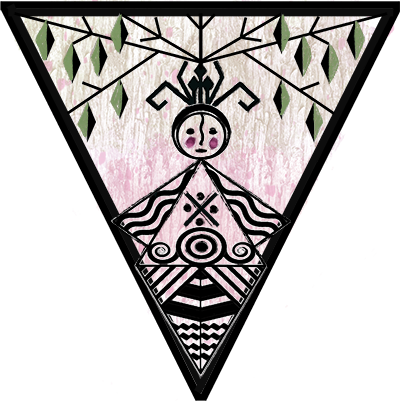 A controversial book. What other fate could it have had, when it wants to reveal a conspiracy of keeping hidden contradictions in the New Testament and the fact that is was not written by the apostles, or by people who ever met or lived in the same time as Jesus, or who even spoke his language?
A controversial book. What other fate could it have had, when it wants to reveal a conspiracy of keeping hidden contradictions in the New Testament and the fact that is was not written by the apostles, or by people who ever met or lived in the same time as Jesus, or who even spoke his language?
Actually, this is the main point the author is trying to make in this book (and which is repeated ad nauseam): the Bible was written decades after Jesus’ death, not by his apostles (who were unlettered, simple people), but by educated authors of a much later time, who wrote in Greek, not Aramaic, the language spoken by Jesus. And from here a lot of trouble emerges.
Although it is no news for us that the Bible (the book discusses the New Testaments) is not the word of God or anything, the extent of the deviation from what was probably historically said and done is mind blowing.
The Gospel of Paul is quite different from the other three. One example is the fact that Jesus dies on the day the lambs are being slaughtered for Passover. In the other books, he dies on the following day. Why this discrepancy? We can all guess, consider it unessential, but look what else the author reveals: the gospel of Paul is also the only one which introduces Jesus as “the lamb of God”. He had to be sacrificed on the same day with the lambs, didn’t he?
So the shocking part for me was not that the gospels have some mistakes (which are human, as the author explains, when the book is copied over and over by numerous hands) but that there are alterations possibly made expressly to support certain theological ideas of a certain person or group of people.
Another interesting part of the book is constituted by the description of the beliefs about Jesus belonging to some early Christian groups, which later (after the counsel of Nicaea decided what goes into the canon and what not) were to be discarded as heretic.
The Marcionites, for examples, followed the belief that Jesus was God, but a God very different from the vengeful one of the Jewish Old Testament.
Here is what Bart Ehrman says about the Gnostics:
“The assumption of the various Gnostic groups was that some of us do not come from here, on this earth, and do not belong here. We come from another realm, a heavenly place, and we have become entrapped in the evil confines of out bodies. We need to learn how to escape and for that we need the secret knowledge.{…] In part, the world was created in order to provide a place of imprisonment for elements of the divine. Some of us have these sparks of the divine within us. We need to learn the truth about this world and the world above, and about our true identity, in order to escape and return to our heavenly home.” The Gnostics considered Jesus to be a divine being who incarnated for the benefit of humanity, to give it the knowledge of salvation.
I do recommend this book. It has its own many faults (at times very irritating ones) and it is by no mean any authority in what we should believe or not. But it does open many avenues for thinking farther into our spirituality. A good place to start is the Amazon reviews, which I found almost as spellbinding as the books itself.



